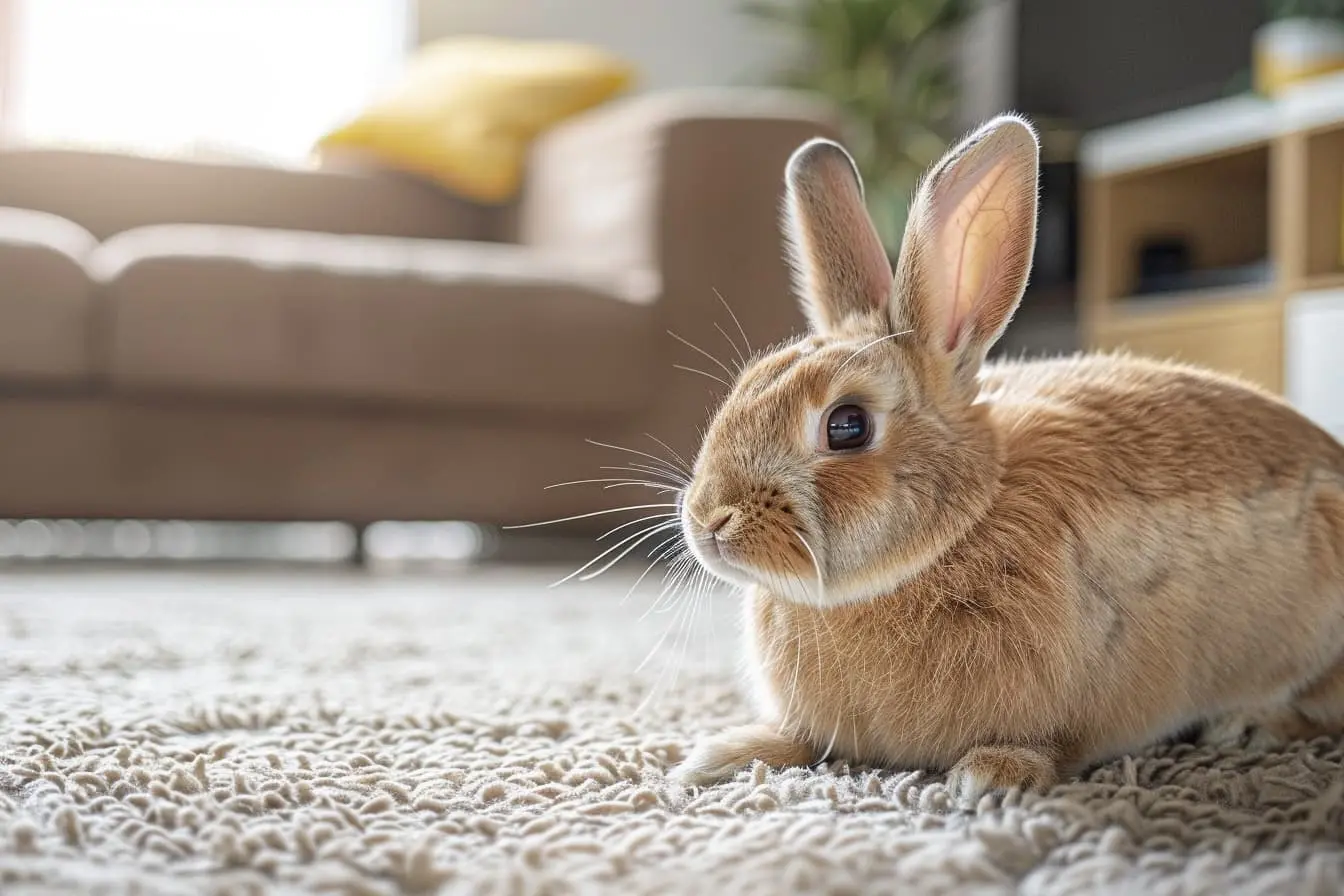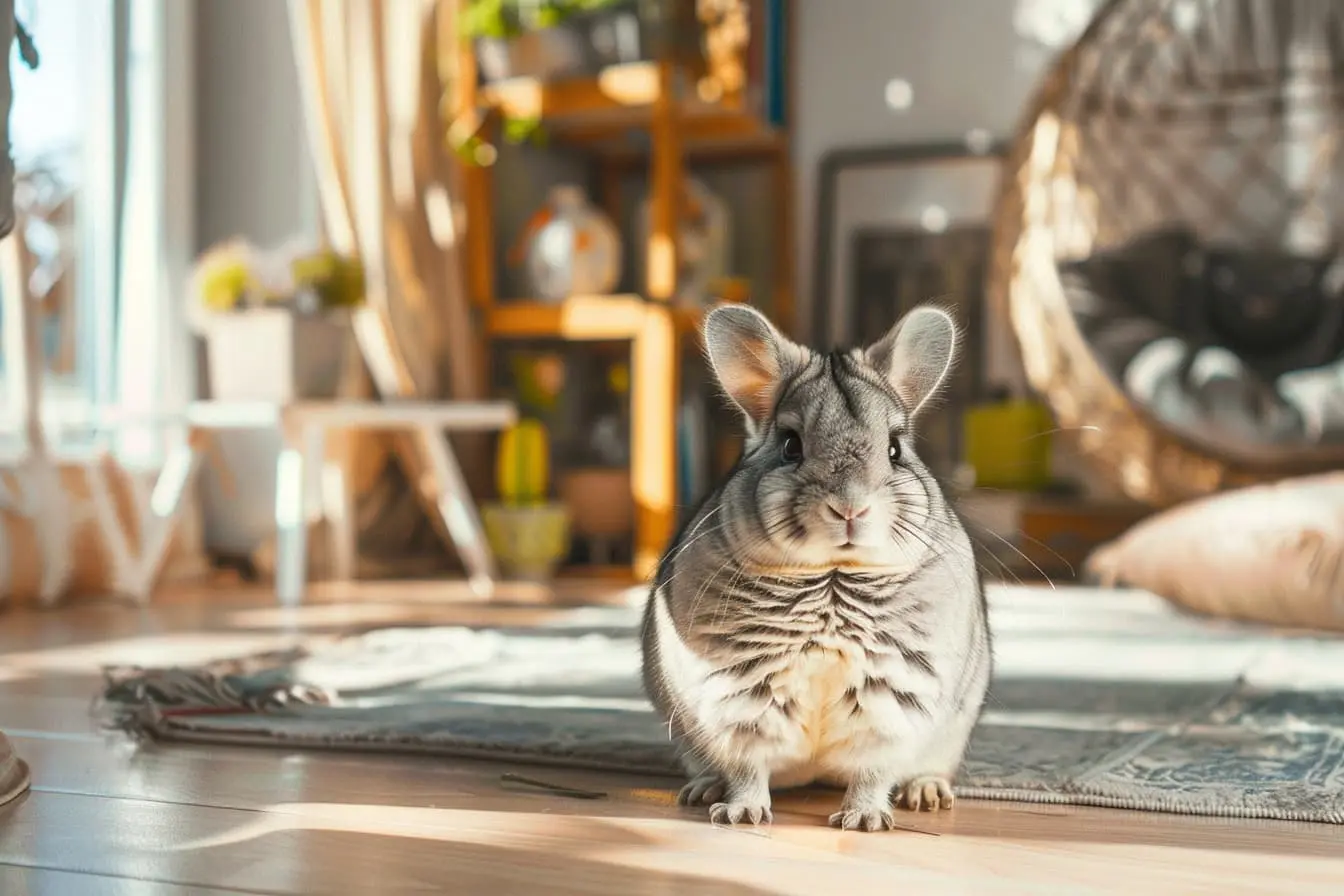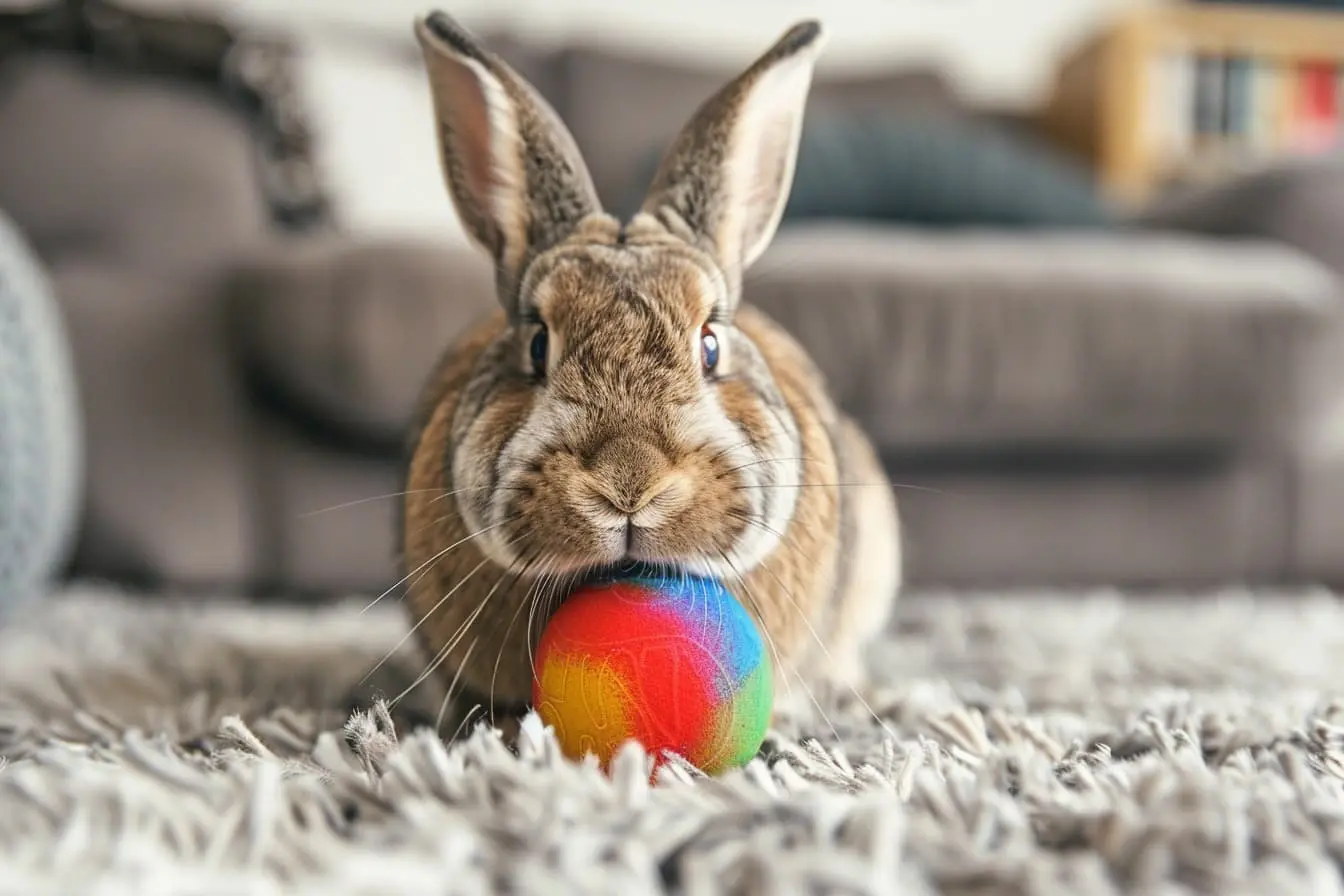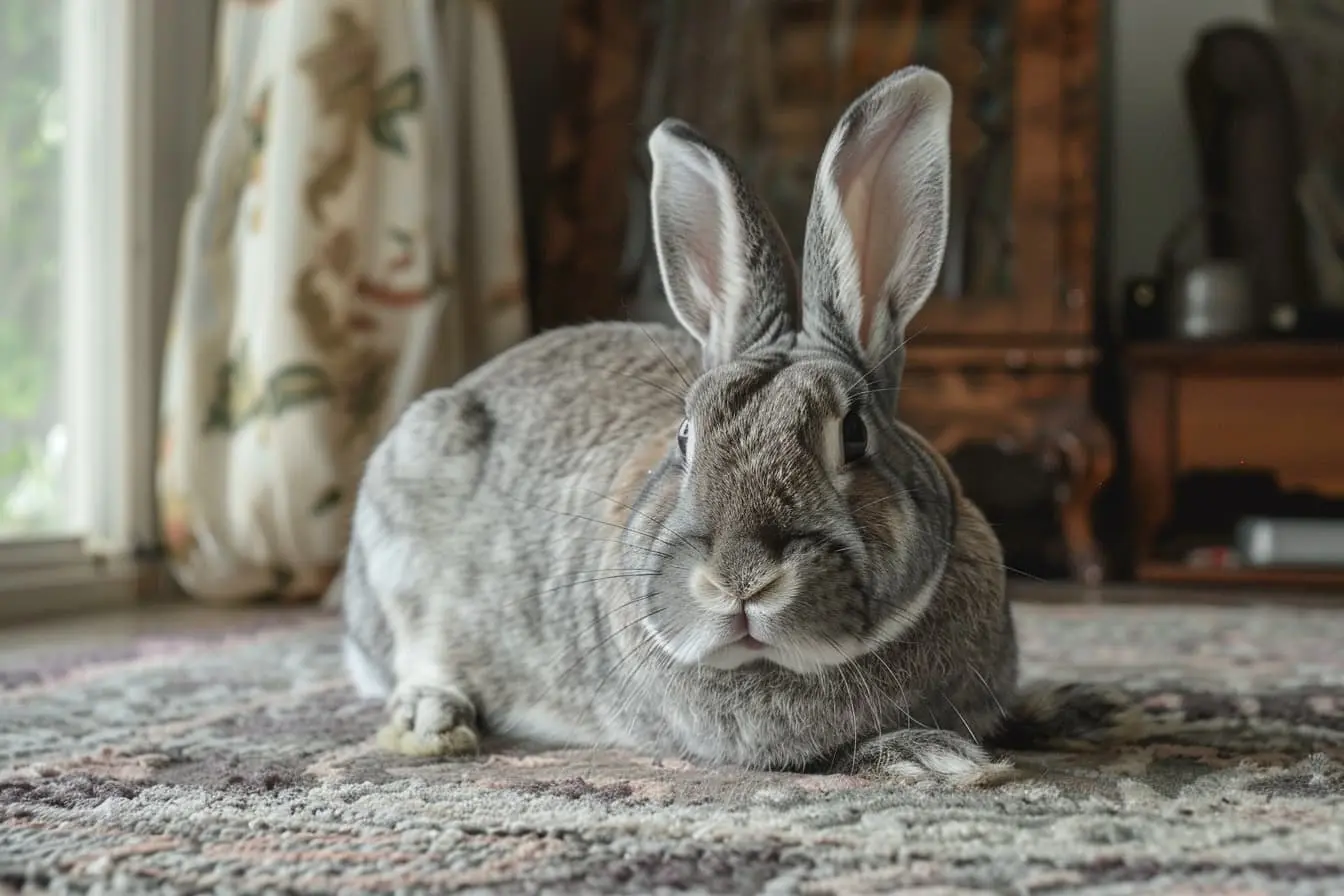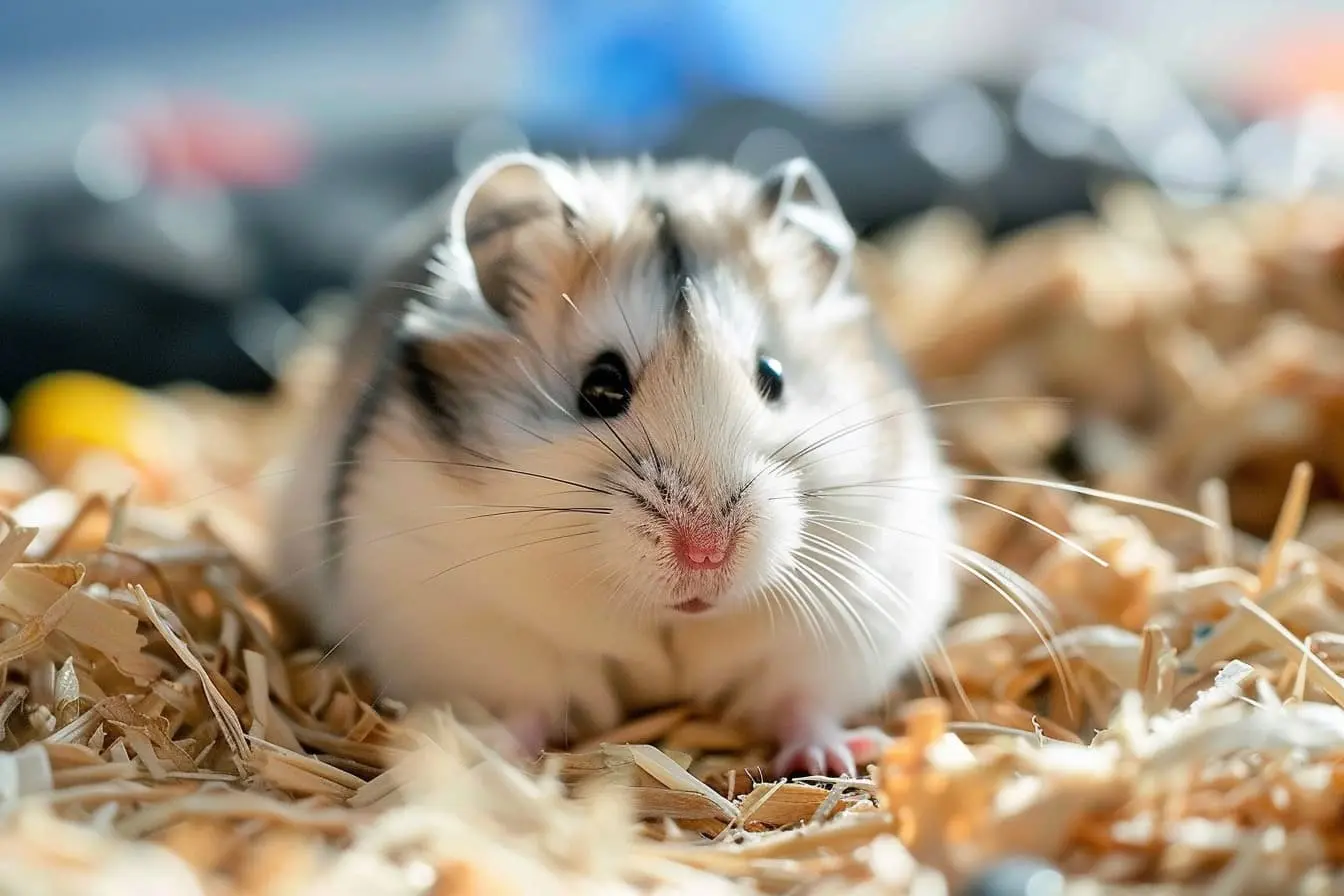
Tiny Companions: The Ultimate Guide to Caring for Russian Dwarf Hamsters
Embarking on the journey of pet ownership with a Russian Dwarf Hamster can be an incredibly rewarding experience. These tiny creatures are known for their playful nature and charming personalities, making them a popular choice for pet enthusiasts. If you're contemplating welcoming a Russian Dwarf Hamster into your home, this detailed guide will arm you with all the essential information you need to make an informed decision.
Introduction to Russian Dwarf Hamsters
Russian Dwarf Hamsters encompass two closely related species: the Campbell's Dwarf Hamster and the Winter White Dwarf Hamster. These petite rodents originate from the steppes of Central Asia and are characterised by their small size, typically reaching only 7 - 10 cm in length when fully grown. Unlike the solitary Syrian hamsters, Russian Dwarf Hamsters can enjoy the company of their own kind if introduced properly and at a young age.
Why Choose a Russian Dwarf Hamster?
Personality and Sociability: Russian Dwarf Hamsters are known for their energetic and sociable nature. They can live in pairs or small groups of the same sex if they are introduced to each other early enough, offering more dynamic social interactions compared to solitary hamster species.
Space and Maintenance: Due to their smaller size, Russian Dwarf Hamsters require less space than their Syrian counterparts, making them an ideal pet for those with limited room. However, their habitat still needs to be spacious enough to allow for exercise and exploration.
Setting Up the Perfect Habitat
Cage Size and Type: A minimum cage size of 60cm by 30 cm is recommended, though larger is always better to provide ample space for exercise and play. The spacing between bars (if using a wire cage) should be no more than 0.6 cm to prevent escape.
Bedding and Nesting: Use safe, absorbent bedding like paper-based products. Provide plenty of material for nesting, such as unscented toilet paper or paper towels, to allow them to build a comfortable nest.
Accessories and Enrichment: Equip their habitat with a solid-surfaced running wheel, tunnels, chew toys, and hiding places. These accessories help satisfy their need for exercise, chewing, and privacy.
Diet and Nutrition
Feeding your Russian Dwarf Hamster a balanced diet is crucial for their health. A high-quality commercial hamster mix designed for dwarfs is essential, as it contains the appropriate nutrients. You can supplement their diet with small amounts of fresh vegetables and fruits. Be mindful of their sugar intake, especially for Campbell's Dwarf Hamsters, as they are prone to diabetes.
Health and Wellbeing
Regular health checks are vital. Pay attention to any changes in behaviour, appetite, or appearance, as these can indicate health issues. Dental health is important since their teeth never stop growing, and obesity can become a problem if they are overfed or their diet is too high in sugar.
Handling and Bonding
Handling Russian Dwarf Hamsters requires patience and gentleness. They can be more skittish than Syrian hamsters and may take longer to tame. Start by letting them get used to your scent and voice, then gradually introduce your hand into their cage for brief periods. Treats can be a useful tool in building trust.
Social Needs and Companionship
If you plan to keep more than one Russian Dwarf Hamster together, it's best to get them from the same litter or introduce them while they're very young. Even then, monitor their interactions closely for signs of aggression or bullying, and be prepared to separate them if necessary.
Pros and Cons of Russian Dwarf Hamster Ownership
Pros:
- Sociable and can live in pairs or small groups
- Requires less space than larger hamster breeds
- Active and entertaining to watch
Cons:
- May be more prone to diabetes (especially Campbell's)
- Can be skittish and harder to tame
- Potential for aggression if not introduced to cage mates early
Conclusion
Russian Dwarf Hamsters offer a unique blend of sociability, playfulness, and manageable size that can make them excellent pets for those prepared for the commitment. Their care needs, while not overly demanding, do require attention to detail, especially regarding their diet and social interactions. By providing a spacious and enriching environment, a nutritious diet, and gentle, patient handling, you can ensure a happy and healthy life for your Russian Dwarf Hamster. Whether you're a seasoned pet owner or a first-timer, these tiny companions can bring a lot of joy and amusement into your life.
Vets near you
Speciality vets
- Aquatics vet specialists
- Birds vet specialists
- Camelids vet specialists
- Cats vet specialists
- Cattle vet specialists
- Deer vet specialists
- Dogs vet specialists
- Equines vet specialists
- Exotic vet specialists
- Goats vet specialists
- Pigs vet specialists
- Poultry vet specialists
- Sheep vet specialists
- Small Mammals vet specialists
- Wild vet specialists
Vet facilities
- Accessible by public transport
- Blood testing
- Car park nearby
- Client car park
- Dentistry
- Diagnostic imaging
- Disabled public access
- Flea and worm treatments
- Microchipping
- Mobile services
- Neutering
- Open at weekends
- Out-of-hours service
- Referral interests
- Referrals only
- Street parking outside
- Toilets available
- Vaccinations
